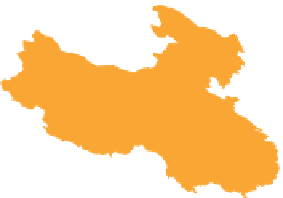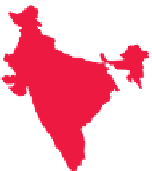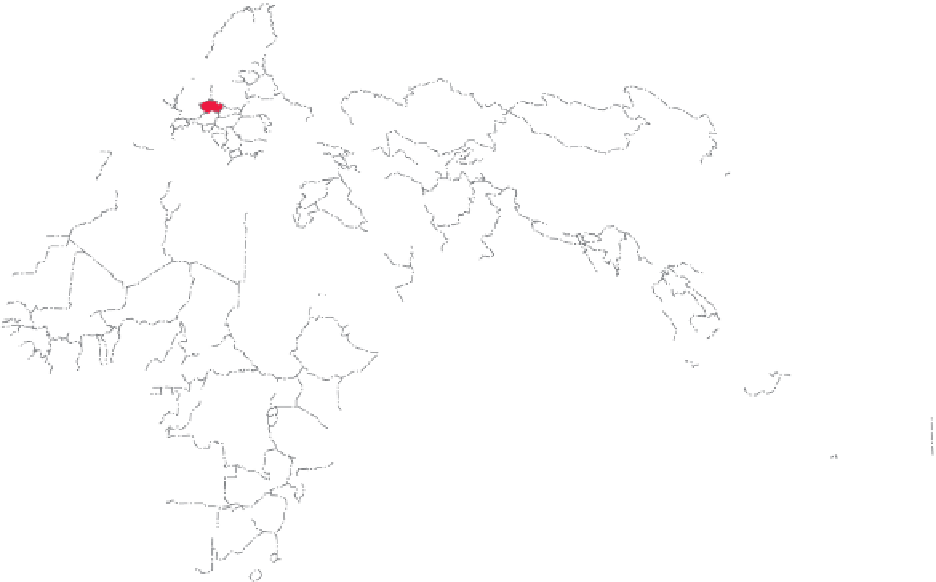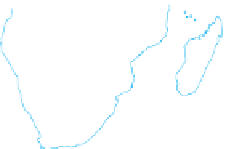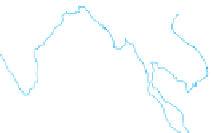Geography Reference
In-Depth Information
GREENLAND
Arctic Circle
FINLAND
NORWAY
ICELAND
RUSSIA
60°
ESTONIA
LITHUANIA
60°
SWEDEN
LATVIA
DENMARK
UNITED KINGDOM
NETH.
IRELAND
BELARUS
UKRAINE
MOLDOVA
POLAND
BELG.
GER.
ATLANTIC
OCEAN
CZ. REP.
SLVK
KAZAKHSTAN
SWITZ.
AUST.
HUNG.
ROM.
BULG.
ALB.
GREECE
TURKEY
CYPRUS
MONGOLIA
FRANCE
SLOV.
SERB.
CRO.
BOS.
UZBEKISTAN
GEORGIA
ARMENIA
AZERBAIJAN
KYRGYZSTAN
TAJIKISTAN
N.
KOREA
SPAIN
PORTUGAL
MONT.
KOS.
40°
MACE.
40°
ITALY
TURKMENISTAN
JAPAN
CHINA
S.
KOREA
SYRIA
TUNISIA
AFGHANISTAN
MOROCCO
LEBANON
IRAQ
IRAN
PACIFIC
BHUTAN
JORDAN
ISRAEL
NEPAL
PAKISTAN
KUWAIT
ALGERIA
LIBYA
WESTERN
SAHARA
BAHRAIN
EGYPT
QATAR
BANGLADESH
TAIWAN
Tropic of Cancer
U.A.E.
MYANMAR
(BURMA)
SAUDI
ARABIA
20°
OMAN
INDIA
MAURITANIA
LAOS
MALI
VIETNAM
NIGER
ERITREA
YEMEN
THAILAND
CAMBODIA
OCEAN
SEN
E
GAL
GUINEA-BISSAU
GUINEA
SIERRA LEONE
LIBERIA
CHAD
SUDAN
PHILIPPINES
GAMBIA
BURKINA
FASO
DJIBOUTI
NIGERIA
CAMEROON
SRI LANKA
IVORY
COAST
ETHIOPIA
CENTRAL
AFRICAN REP.
SOUTH
SUDAN
BRUNEI
SOMALIA
TOGO
BENIN
MALAYSIA
INDIAN
GHANA
UGANDA
KENYA
CONGO
Equator
0°
GABON
RWANDA
SINGAPORE
EQUATORIAL
GUINEA
THE
CONGO
PAPUA
NEW
GUINEA
BURUNDI
OCEAN
INDONESIA
SOLOMON
ISLANDS
TANZANIA
COMOROS
ATLANTIC
EAST TIMOR
ANGOLA
MALAWI
ZAMBIA
FIJI
VANUATU
MADAGASCAR
MOÇAMBIQUE
ZIMBABWE
BOTSWANA
20°
20°
20°
20°
20°
NAMIBIA
MAURITIUS
NEW
CALEDONIA
Tropic of Capicorn
AUSTRALIA
OCEAN
SWAZILAND
SOUTH
AFRICA
LESOTHO
NEW
ZEALAND
40°
40°
40°
0°
20°
40°
60°
100°
120°
140°
160°
60°
60°
60°
60°
SOUTHERN
OCEAN
Antarctic Circle
suffered higher rates of famine since a drought began in the region in 2006. Agro-
pastoralists raise crops and have livestock and therefore struggle against drought
as well as livestock diseases and political confl ict.
To solve one of the structural problems in Kenya raises another. If Kenyans
converted the richest lands to cash crop production, how would the poor people
be able to afford the crops? What would happen to the rest of Kenya's economy
and the government itself if it lost the export revenue from tea and coffee? If
Kenya lost its export revenue, how could the country pay loans it owes to global
fi nancial and development institutions?
Answering each of these questions requires geographic inquiry because the
answers are rooted in the characteristics of places and the connections those places
have to other places. Moreover, geographic
fieldwork
can provide tremendous
insights into such questions. Geographers have a long tradition of fi eldwork: they go
out in the fi eld and see what people are doing, they observe how peoples' actions and
reactions vary across space, and they develop maps and other visualizations that help













